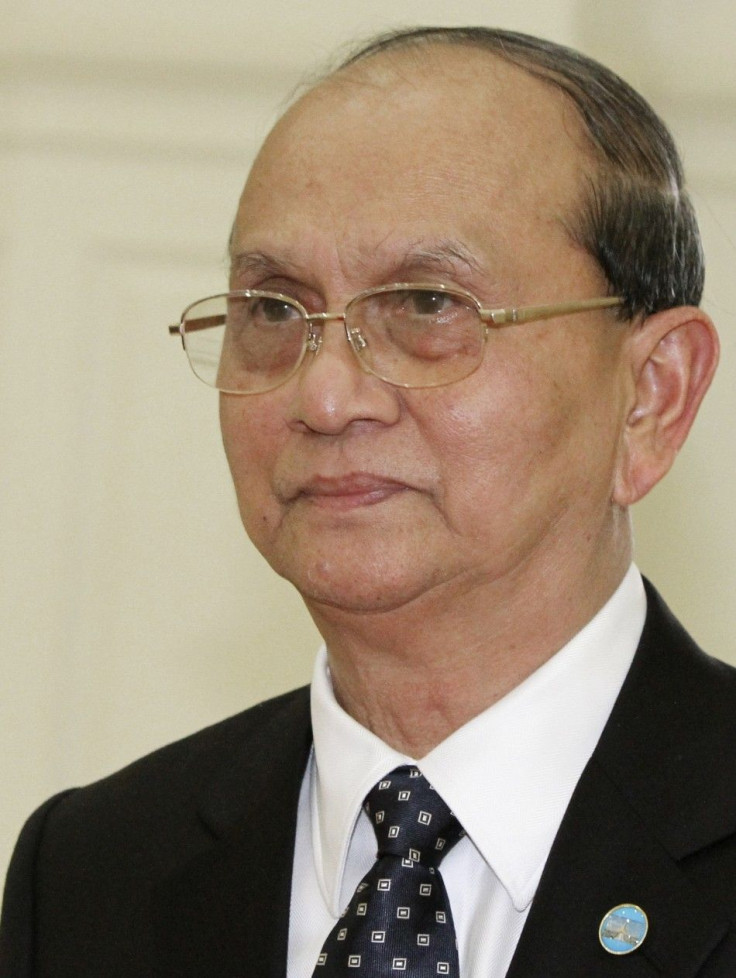Burma Opens Elections to Foreign Monitors

Burma has invited the United States to send election observers to attend the upcoming Burmese elections on April 1st, confirmed an official at the U.S. Embassy in Yangon.
The invitation was first sent to members of the Association of Southeast Asian Nations (ASEAN) and then extended to the U.S. and European Union.
ASEAN countries will be allowed to send 5-member teams. All 10 members of ASEAN can send separate teams, including two legislators and three media representatives, according to Voice of America (VOA).
The British Embassy also reported that it received an invitation from Burma's Ministry of Foreign Affairs to send a representative to be part of an observation tour, Joe Fisher, a British embassy official, told The Guardian.
All countries invited can also send journalists.
It's notable that the Burmese government will also allow journalists from these countries to observe the process, demonstrating increased openness to the foreign media, said Adrienne Nutzman, a U.S. embassy spokeswoman.
The Burmese have continued to surprise Western leaders since the new civilian government led by President Thein Sein in August of 2011 replaced almost half a century of military control.
The government has released 651 political prisoners and opened successful talks with armed minority groups.
The invitation of foreign poll monitors is a first and new initiative for the Burmese government -- a reversal from the botched 2010 elections -- and perhaps a tipping point for removing E.U. sanctions on Burma.
British Foreign Secretary William Hague, and U.S. Secretary of State Hillary Clinton, both acknowledged that free and fair elections were crucial criteria for the removal of the sanctions.
In addition, long-time Burmese political dissident, Aung San Suu Kyi, will stand for the first time since 1990 for a seat in parliament. Her party's apparent victory in a previous election in 1990 was annulled by Burma's military rulers.
In inviting a joint team of US, EU, and ASEAN observers to monitor its elections, the Burmese government seeks to prove its democratic reforms are moving forward.
But despite the symbolic, hopeful change, reports remain of human rights abuses against Kachin Christians as well as campaign violations by the army-endorsed civilian regime.
Furthermore, as the invitations were being received, Somsri Hananuntasuk, lead coordinator of the Bangkok-based elections monitoring group, Asian Network for Free Elections (ANFREL) was expelled from Burma.
She was told to leave the country on Tuesday and re-enter with an appropriate visa versus the tourist document she had been using.
She was in Burma to attempt to convince officials to let ANFREL monitor the elections.
Uncertainties still remain concerning how monitors will be allowed in and out of Burma and what sort of access they and the foreign journalists will actually have.
The United States has not yet accepted the invitation.
© Copyright IBTimes 2024. All rights reserved.




















